Certificate in Disability Inclusion and Accessible Design
Summary
The Online Certificate in Disability Inclusion and Accessible Design (DIAD) is designed for social workers and other professionals who are interested in developing skills and sharpening their lens related to disability inclusion, and who strive to make their practice more accessible to and relevant for people with disabilities. The program faculty includes scholars, activists, and others working on the frontlines of disability inclusion and accessibility. Participants will learn about pertinent policy issues affecting people with disabilities, anti-ableist language and practices, accessible interpersonal clinical practice skills, disability inclusive community organizing skills, how to create inclusive management structures and organizational policies, among other topics. Participants will also receive training on American Disability Act (ADA) guidelines, understand the limitations of ADA standards, and gain the knowledge and skills to evaluate and assess built environments and institutional policies for ADA compliance and beyond.
Course created 9/9/2021
Course created 9/9/2021
- Describe how disability inclusion aligns with social work values and ethics.
- Create more accessible and inclusive learning experiences and environments.
- Assess, evaluate, and make recommendations to modify built and social infrastructure to be more accessible for people with an array of disabilities.
- Identify issues, stressors, and stigmatization that caregivers face and identify strategies to support them.
- Describe how racism, sexism, gender violence, and other forms of oppression intersect to compound oppression faced by people with disabilities and additional marginalized identities.
- Describe ways to create a more accessible interpersonal practice for people with disabilities.
- Describe the "circle of friends" approach to supporting people with disabilities.
- Create more accessible and inclusive organizational environments through culture-building, policies, and practices.
- Identify strategies to be more inclusive of people with disabilities in community organizing and advocacy efforts.
- Describe how racism and anti-Blackness is intrinsically linked and perpetuated by ableism.
- Describe how the Americans with Disabilities Act impacts the lives of people with disabilities.
- Explain how specific local, state, and federal policies and programs impact people with disabilities.
- Identify areas in which the Americans with Disabilities act could be strengthened.
- Describe how ableism impacts older adults with disabilities, elder law, and elder advocacy.
- Explain the need for body-positive and sex-positive representations that are inclusive of people with disabilities.
- Define ableism and describe how it harms people with disabilities and others.
- Apply disability inclusion principles in practice.
- Identify appropriate and inappropriate language and "normative behaviors" when describing with people with disabilities, disability culture, and the movement for disability justice.
Self-Paced Agenda
| Expected Duration | Description |
|---|---|
| self-paced | Language & Norms |
| self-paced | Disability Justice 101 |
| self-paced | Intersectionality: Disability & Racial Justice |
| self-paced | Disability, Gender, and Sexual Violence |
| self-paced | Disability & Sexuality |
| self-paced | Disability Microaggressions |
| self-paced | Disability, Social Work, and Inclusive Communities |
| self-paced | Disability & Policy |
| self-paced | Accessibility and the Built Environment |
| self-paced | Accessible Design: Evaluating Built Environment & Programs |
| self-paced | Disability Inclusion in Organizational Management |
| self-paced | Disability Inclusion in Community Organizing |
| self-paced | Accessible Teaching and Facilitation |
| self-paced | Creating a More Accessible Interpersonal Practice |
| self-paced | Elder Justice & the Law |
| self-paced | Caregiving |
| self-paced | Ethical Issues in Disability Justice |
| self-paced | Q&A with Certificate Directors |
Instructors
 Janice M. Fialka
Janice M. Fialka Shanna K. Kattari
Shanna K. Kattari Ani Grigorian
Ani Grigorian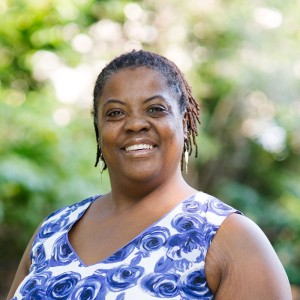 Nyshourn D. Price
Nyshourn D. Price Duke Morrow
Duke Morrow Ayesha Ghazi Edwin
Ayesha Ghazi Edwin Dessa N. Cosma
Dessa N. Cosma Nicole Shannon
Nicole Shannon Stacy A Hickox
Stacy A Hickox Azza A Altiraifi
Azza A Altiraifi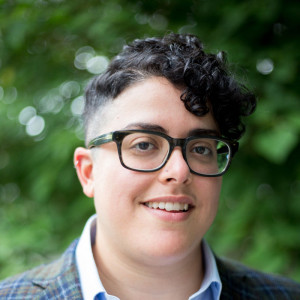 Aimi Hamraie
Aimi Hamraie Jeffrey Nolish
Jeffrey Nolish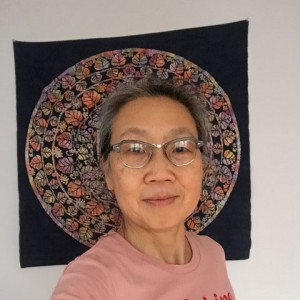 Peggy Kwi-Suk Hong
Peggy Kwi-Suk Hong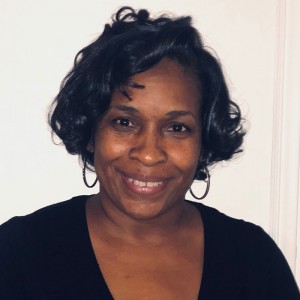 Tanya Wyatt-Dennis
Tanya Wyatt-Dennis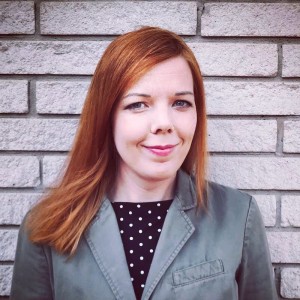 Melanie L. Carlson
Melanie L. Carlson Emma Fialka-Feldman
Emma Fialka-Feldman
hybrid certificate program
CE Contact Hours
- 1 ethics asynchronous online
- 16 regular asynchronous online
- 1 regular live interactive online
Skill Level
Beginner
Location
online
